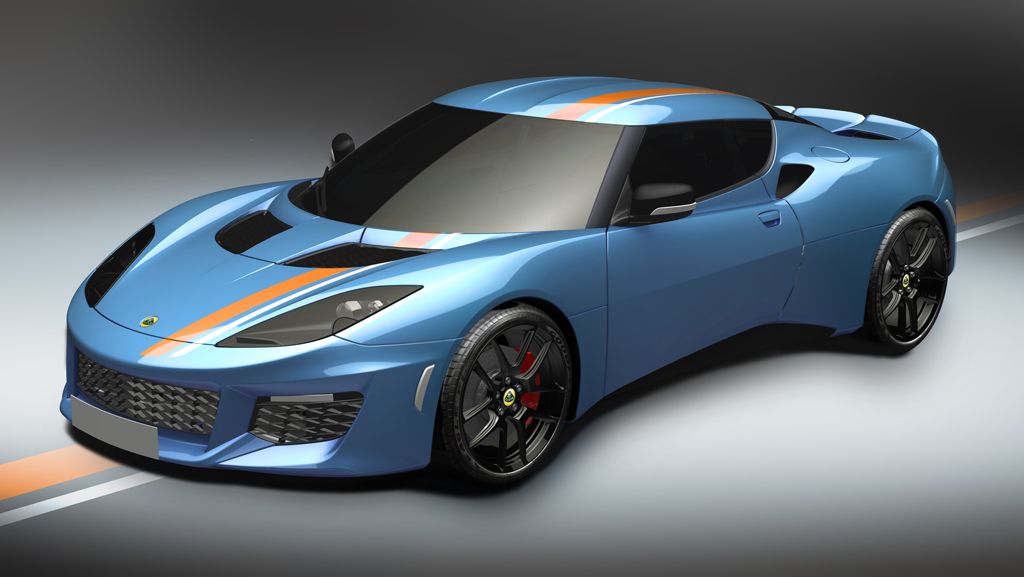DRB-Hicom, the Malaysian conglomerate that owns Proton is reportedly looking into selling a stake in the auto brand in an effort to jolt some life back to the beleaguered company after years of toiling in automotive mediocrity. Automotive News Europe is reporting that Lotus could also be sold depending on the offer DRB-Hicom gets for the U.K.-based sports car brand.
Proton’s woes as an automaker has never been a secret within the industry. What used to be a company that dominated the Malaysian market in the 1990’s has been relegated to an afterthought, thanks in large part to its cars being poorly received by the market in addition to weak after-sales services and increasing competition brought about by the growing globalization of the industry. Proton’s status is so weak at this point that even a financial aid of 1.5 billion ringgit ($365 million based on current exchange rates) from the Malaysian government has failed in reinvigorating the once proud company.
A person familiar with the situation told Automotive News Europe that Proton sent out feelers to as many as 20 automakers earlier this year to feel out the marketplace for a potential buyer. It’s unclear how many companies replied to Proton’s request for proposals, but it is believed that the PSA Group (the parent firm of Peugeot and Citroen), Renault, and Suzuki all responded to the request.
DRB-Hicom has also reportedly opened the door for a buyer to to gain a majority stake in Proton. It’s a remarkable about-face by the company from previous attempts to search for a foreign partner, most notably in 2007 when both the Volkswagen Group and General Motors expressed interest in buying shares of Proton, only to be rebuffed by the Malaysian government because it didn’t want to give a controlling stake in the company.
Automotive News Europe
Continue after the jump to read the full story.0}
A lot of people might wonder why automakers like PSA, Renault, and Suzuki are interested in buying shares in Proton when the Malaysian automaker has barely registered a dent in the industry in a long time. On the surface, it does sound like a questionable deal, but if you look past Proton’s appeal as a brand, there are some potential attractions that could entice any of the three interested automakers (and possibly more) to make a play for the Malaysian automaker.
One of the most important takeaways from buying into Proton is the ability to use the company’s manufacturing capacity, which, according to Auto News has been underutilized in the past few years. Proton reportedly has two production facilities in Malaysia that can produce north of 400,000 cars per year. Thing is, Proton hasn’t been able to use them to their full capacity of because of the difficulties in finding buyers for its models.
If a foreign partner can get its hands on those facilities, it could provide a very strategic opportunity to build its models there and capitalize on selling these models in the Southeast Asian market, considered by many as one of the fast growing regions for automakers in the world.
Then there’s Lotus, a brand that has slowly gotten back to being relevant under the stewardship of CEO Jean-Marc Giles. It’s unclear how interested DRB-Hicom is in selling shares of Lotus but even as a brand that has found some direction and purpose, it’s telling of Proton’s struggles that the parent company for both brands is even considering the possibility of putting some Lotus shares up on the market too.
One thing's for sure: this is a story that's only going to get more interesting in the coming months.

